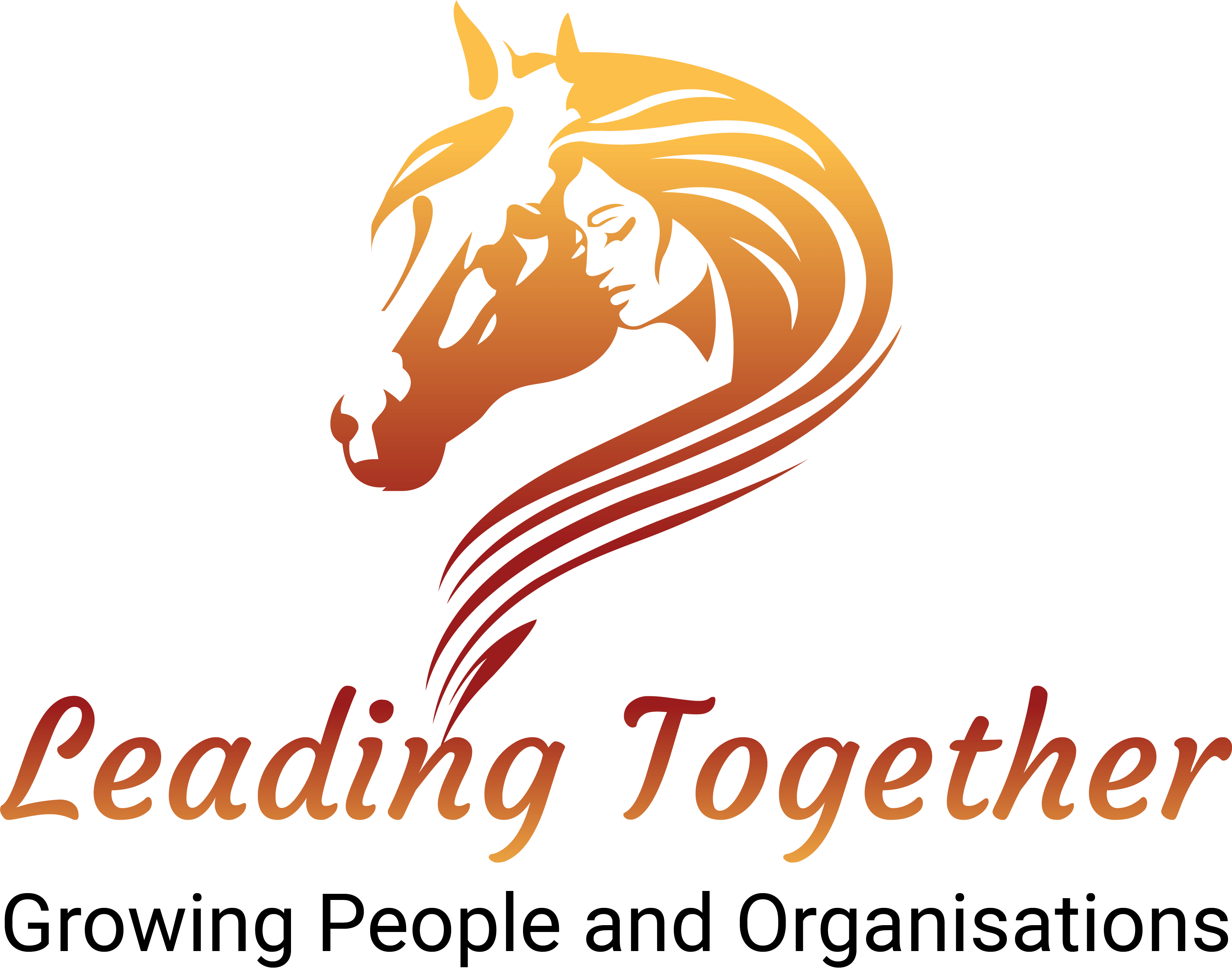Leadership, mothers and dictators can you recognise them in your workplace?
Life with horses is about self improvement. I was attending a virtual horse expo listening to an incredible horseman recently Tristian Tucker who made a statement about how to create balanced horses. How to make horses that are mentally stable able to think through problems. He made the point that horses don’t want you to be a mother and they don’t want a dictator, they need a calm confident leader. I thought how powerful that statement was when thinking about leadership. When you look at your teams in the workplace can you identify the mother and the dictator?
Mothers
In order to create a horse who is mentally able to cope with strange things we can’t mother it. Making it comfortable and stress free. In horse terms it looks like the best of everything. You have seen the treat bringer, someone who always has a pocket full of the favourite treats so he/she comes to you. If something happens that it doesn’t like then we make sure that it never sees that stimulus again. He doesn’t like rugs so we don’t ever rug him again.
In the workplace mothering looks like the feeder. The person who bakes or brings lollies. Or the person who needs to make sure everyone is happy, they are a nurturer working out how not to have conflict. They would rather ignore the difficult bits, they are no difficult conversation at all just nurturing. We can all be friends and we will take away anything that makes you upset. They will be the person that always brings comfort.
Dictators
In horse terms it means managing everything. Your horse is not allowed to make a mistake and learn. They are often punished but not always rewarded. Every step is managed.
In the workplace dictatorship looks like micromanagement. You are not allowed to think your job is to do and to do in the way the dictator needs it done. Mistakes will not happen and if they do they will be punished. Chances are you will made an example of so no one makes the same mistake.
Fear
Both of these extremes are fear responses and coping mechanisms. Both end up creating a workplace full of anxiety. It doesn’t build innovation and confidence for growth.
I personally have operated in both styles, mothering making everyone my friend, and thought that management meant I needed a dictator style. I can say from experience that neither side is where you should stay. Use the tools when appropriate but to use leadership skills requires you to think differently.
Leadership
Creates confidence and develops people. Allowing people to learn be inquisitive and fail. Experience builds people so your role as a leader is to create opportunities for wins. How are you creating opportunities for your team to becoming a better and more balanced people?
Allowing someone to fail and learn is the hardest skill in the world to master.
Leadership, with calm confidence, how can you create the environment to create calm confident teams. You can learn how with leadership workshops.










I have come across a few dictators.